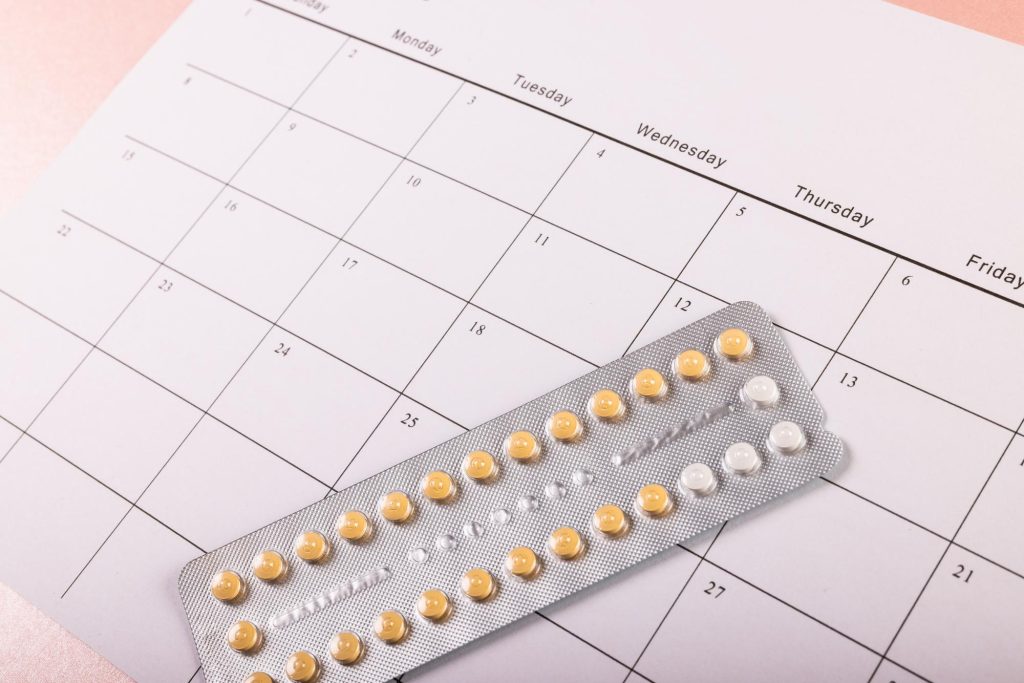How Long Should You Stay on Birth Control? Answers to Common Questions
Estimated reading time: 5 minutes
Mga Pangunahing Takeaway
- Understand the importance of birth control duration and its impact on reproductive health.
- Factors like age, health conditions, and lifestyle changes play a crucial role in determining how long to stay on birth control.
- Regular medical consultations are essential for safe and effective birth control usage.
- Explore different birth control methods available in the Philippines, including pills, injections, IUDs, condoms, and implants.
- Side effects and health considerations should be discussed with healthcare providers for personalized advice.
Talaan ng nilalaman
- Understanding Birth Control Duration
- Determining the Appropriate Duration for Birth Control Use
- Comparative Overview of Birth Control Methods in the Philippines
- Birth Control Pills: Brands, Effectiveness, and Personalization in the Philippines
- Side Effects and Health Considerations
- Consultation and Personalized Healthcare
- Conclusion
- Call to Action
Understanding Birth Control Duration
Birth control basics indicate that birth control duration varies depending on the type of contraception used. Each method, from pills to patches, comes with its own set of guidelines for optimal use and effectiveness. Understanding these nuances is crucial for effective reproductive health management.
Determining the Appropriate Duration for Birth Control Use
Several factors impact how long an individual should stay on birth control. These include:
- Edad: Hormonal needs vary throughout life.
- Health conditions: Certain pre-existing conditions may affect suitable contraception options.
- Lifestyle changes: Changes in your lifestyle might necessitate adjustments in your birth control method.
- Pregnancy plans: Your timeline for wanting children plays a crucial role.
- Side effects: How your body reacts to a contraceptive method can influence your choices. Learn more about managing side effects.
It’s important to engage in regular medical consultations to determine the duration of birth control usage best suited to your needs, ensuring both effectiveness and safety. Learn more about tailored contraceptive advice.
Comparative Overview of Birth Control Methods in the Philippines
The Philippines offers various birth control methods, each with unique effectiveness rates and usage guidelines. Here’s what’s available:
- Oral contraceptive pill (combined and progestin-only)
- Contraceptive injections
- Mga condom
- Intrauterine devices (IUDs)
- Two-rod implant
Each method comes with its pros and cons, tailored to different health profiles and preferences. Explore the different methods here.
Birth Control Pills: Brands, Effectiveness, and Personalization in the Philippines
In the Philippines, several contraceptive pill brands are favored for their reliability and suitability for different health profiles, including Althea, Daphne, and Trust pill, among others. Choosing the right pill involves considering factors such as potential side effects, health needs, and personal preferences. Learn more about contraceptive brands.
For a comprehensive review of the top contraceptive pills in the Philippines and how to choose what’s best for you, visit online stores like The Generics Pharmacy at Watsons. Read more about combining methods for dual protection.
Side Effects and Health Considerations
While contraceptive pills are generally safe, they do come with potential side effects such as headaches, mood changes, and more serious risks like blood clots. Discussing these with your healthcare provider and considering how to manage these risks is essential. Read more about managing side effects.
Consultation and Personalized Healthcare
Continual consultation with healthcare providers is vital in maintaining the efficacy and safety of your chosen birth control method. Healthcare providers play a critical role in navigating the complexities of contraceptive use tailored to individual health needs.
For further personalized advice and consultations, consider consulting your healthcare provider.
Conclusion
Grasping the nuances of personal health needs and lifestyle factors is imperative in determining the appropriate duration for birth control use. Staying informed and consulting regularly with healthcare professionals will ensure that decisions regarding contraception are both informed and customized to your needs.
Call to Action
If you’re considering birth control or seeking to adjust your current method, consult with your healthcare provider. For more detailed information on contraception options and guidance, explore the links provided throughout this article.
Remember to stay informed and proactive about your reproductive health. Visit TRUST PH for additional resources and support on making empowered decisions regarding your sexual and reproductive health.








